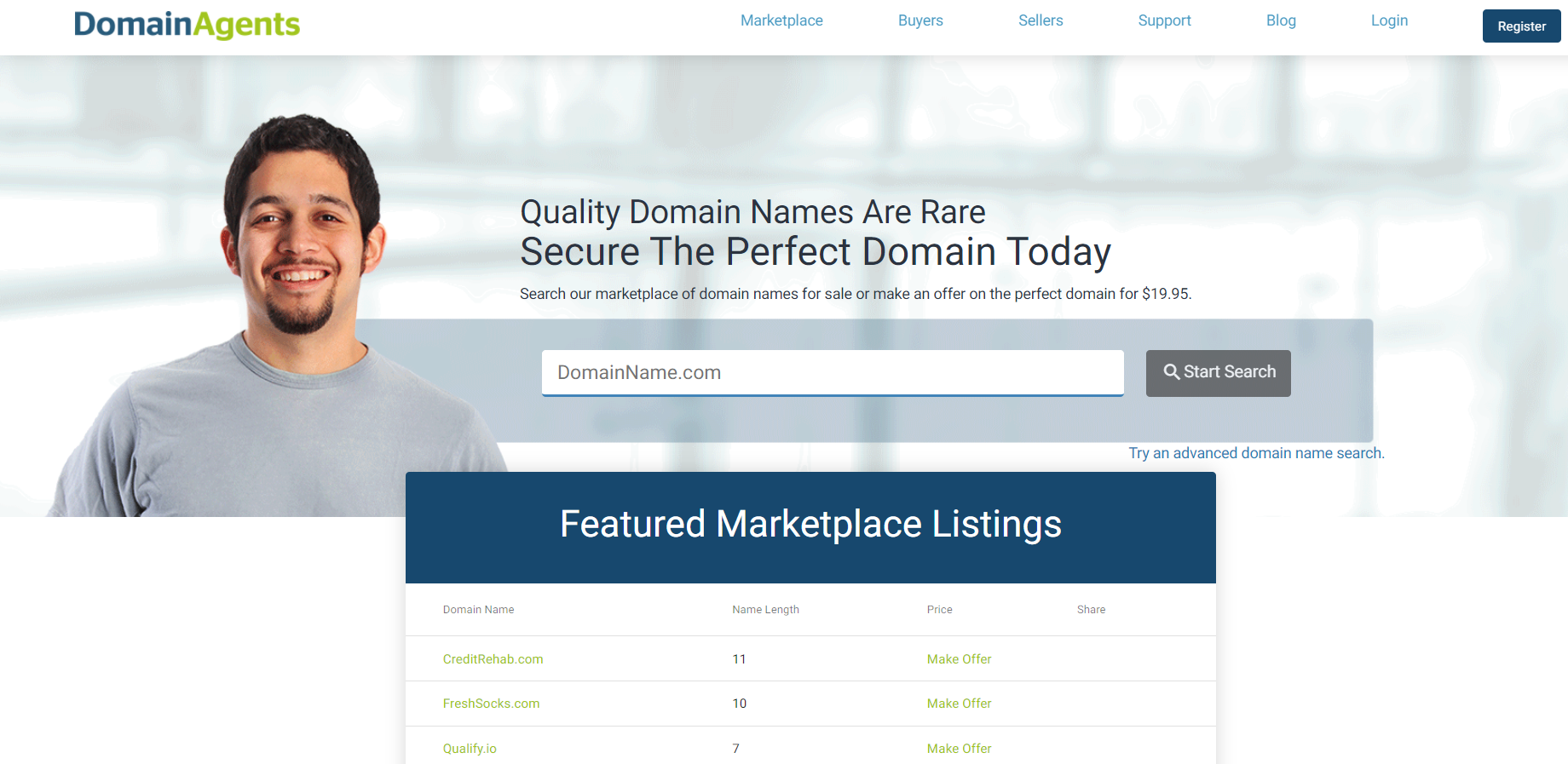Table of Contents
Imagine being a real estate agent juggling phone calls, emails, property listings, and client meetings all at once. Sounds chaotic, right? That’s where a CRM comes in to save the day. If you’ve never heard of a CRM, don’t worry — you’re about to find out how it can be your best friend in real estate!
CRM stands for Customer Relationship Management. It’s a tool or software that helps you organize, track, and manage your interactions with current and potential clients. Think of it as your virtual assistant, one with a super memory and no coffee breaks!
Why Real Estate Needs a CRM
In real estate, building strong relationships is everything. But when you’re handling dozens of clients and properties, things can slip through the cracks. A CRM helps you stay on top of the game.
Here are a few reasons why a CRM is a must-have for agents and brokers:
- Stay organized – Keep all client details, communication history, and notes in one place.
- Follow up smarter – Set reminders for follow-ups so no lead goes cold.
- Track deals – See where each deal stands in the pipeline.
- Automate tasks – Schedule emails, texts, or alerts automatically.
- Grow your business – Use data to see what’s working and what’s not.

Common Features of a Real Estate CRM
Not all CRMs are created equal, especially for real estate. Here are some features that come in handy:
- Lead capture: Pull in leads from websites, social media, or landing pages.
- Contact management: Store names, activities, preferences, and communication logs.
- Drip campaigns: Send a series of emails that keep your leads interested over time.
- Task management: Keep track of meetings, showings, calls, and closings.
- Property matching: Match buyers with suitable listings automatically.
- Mobile access: Manage your business anytime, anywhere.
These tools let you focus more on helping people find their dream homes and less on paperwork.
Real-Life Use Cases
Let’s break it down with real-world examples:
- New Lead Welcome – A fresh lead hits your inbox. The CRM sends them an intro email instantly and notifies you to call them the next day.
- Follow-Up with a Buyer – A family is house hunting. The CRM reminds you to check in every week and sends them new listings that match their needs.
- Open House Planning – You’re hosting an open house. Use your CRM to send invites, schedule reminders, and gather feedback afterward.
- Client Anniversary – A year after closing, the CRM reminds you to send a “Happy House-iversary” card or email. Great for staying top-of-mind!

What to Know Before Choosing a CRM
Not sure which CRM to pick? Here are some key things to consider before you commit:
- Ease of use: If it’s too complex, you won’t use it.
- Customization: Can you tailor it to your workflow?
- Integration: Does it work with your email, calendar, or MLS?
- Support: Is customer support available when you need help?
- Cost: Prices vary. Choose something that fits your budget.
Some popular real estate CRMs include Follow Up Boss, LionDesk, Wise Agent, and HubSpot. Try a few demos to see which one feels right!
Final Thoughts
A CRM isn’t just another tech tool — it’s your business builder. It helps you keep track of your leads, nurture relationships, and close more deals, all with less stress.
So whether you’re a solo agent or running a big team, it might be time to give a CRM a try. More time for what you love, less time digging through your inbox. Sounds like a win, right?

Your future self – and your clients – will thank you!

